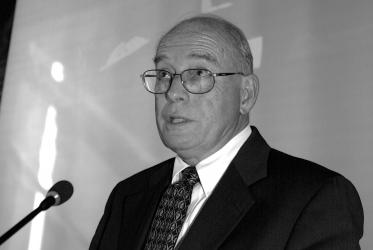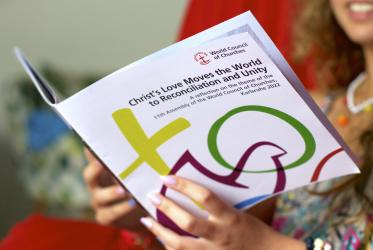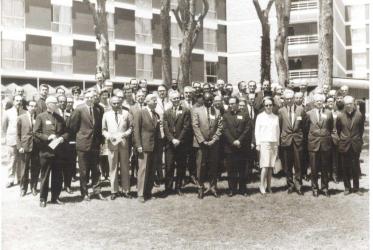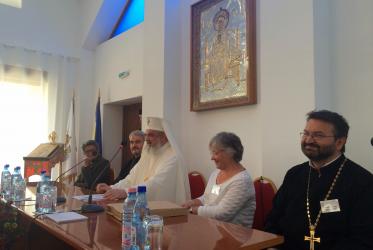Displaying 1 - 20 of 24
18 January 2024
Thirty days that changed the ecumenical movement
23 October 2023
World mourns loss of Archbishop Desmond Tutu
30 December 2021
Rev. Dr Hans-Ruedi Weber dies at 97
29 October 2020
Dutch Reformed Church looks to Africa, after troubled past
08 August 2017
Hielke Wolters: Apostle of mission strategies
01 August 2016













